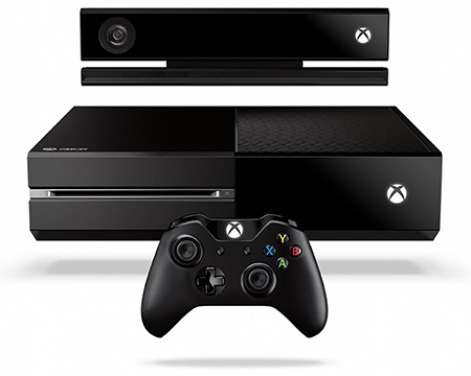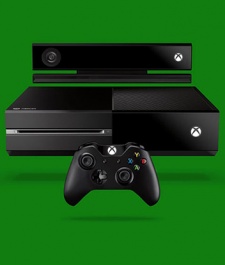If a game or console was headed in a direction gamers didn't like, there was little recourse available. They could refuse to buy it, or perhaps contact a customer service rep. In extreme cases, they might even put pen to paper.
But like Martin Luther nailing The Ninety-Five Theses on the door of a Wittenberg church, such a disconnected form of dissent now seems unthinkably ancient to us in the age of social media.
These days, if we don't like where a publisher or developer is headed - we can create groups, petitions, pithy memes, and grassroots movements to let them know.
And we can change their minds.
Increasing volume
This level of active consumer involvement is nothing inherently new to 2013, mind.
The fan campaign Operation Rainfall launched a high-profile petition to Nintendo of America to release a trio of Japanese games for the Wii console back in 2011, but this year has seen the power of gamers explode.
This year will be remembered as the year disorganised fan involvement effected major change.
Whereas Operation Rainfall and earlier grassroots campaigns relied on organised initiatives and petitions, fans in 2013 were able to influence Microsoft's unpopular used game prohibition for the Xbox One simply by creating enough noise about the system on social media sites and forum boards.
Sure, Sony's not-so-gentle ribbing during its E3 presentation probably helped Microsoft realise that it was time for a change - but it wasn't the catchy faux commercial below that really spoke for the fans...
...it was the thunderous roar in the Staples Center when Sony announced that the PlayStation 4 would support used games.
Add that vocal approval to thousands of Facebook posts, Tumblr memes, and tweets about the PS4 "winning" E3 over the Xbox One, and suddenly it became impossible for Microsoft to ignore the unshakeable desires of its customers.
Speak out, speak up
This is old news to us in the mobile gaming space, where smaller developers and publishers are often more in-tune with the voice and opinions of their fans.
If a fan asks a question on a popular gaming news site, it's still common practice for the those involved with the game to respond directly.
But going back further, there were shades of the 'noise effecting change' movement happening in mobile as early as the launch of the iPhone 4 three years ago.
Once the ensuing "antenna-gate" scandal began to make rounds online, the formerly silent Apple eventually caved to mounting complaints.
Sure, Steve Jobs never actually acknowledged that there was a problem with the iPhone 4 - but he did provide a free solution as a result of the furore.
The antenna-gate of 2010 and the Xbox One about face of 2013 are watershed moments - not for the mobile or console industries, but for the gamers themselves.
We've now moved past the point where organised petitions and voting with our wallets is required to change minds. We now live in an age where our feedback can be heard and factored into a product long before it ever hits the market.
And, for better or worse, there's no going back from here.























